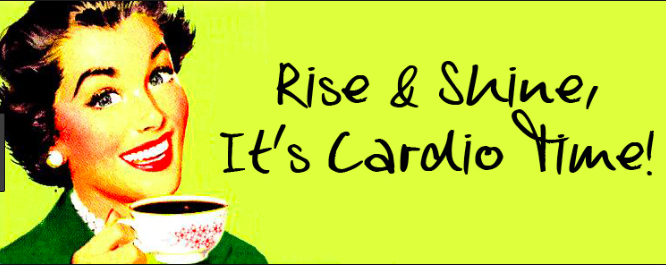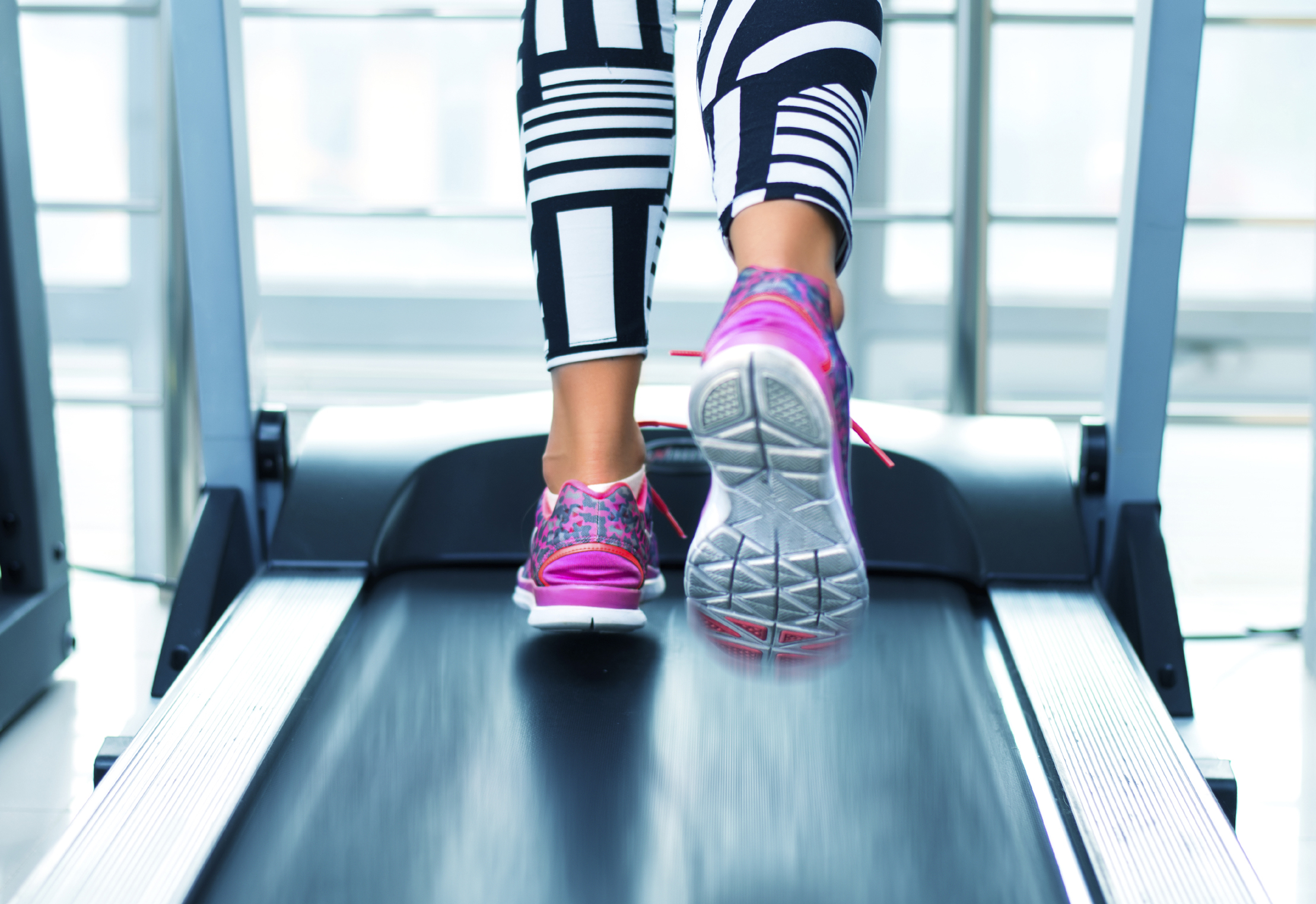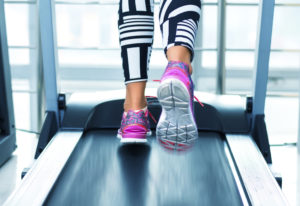Fasted cardio means doing aerobics on an empty stomach. Generally you do fasted cardio in the morning prior to having breakfast or any food. Why? Your body readily uses your fat storages as a source of energy because there are low levels of stored carbohydrates (glycogen) for your body to use.
| PROS | CONS |
| -Burns up to 20% more fat than if you had eaten | -You’ll feel like you have “no energy”fact: body has enough energy and fat in its muscles to burn |
| -if HR is too high you’ll burn carbs and fat | -habit needs to be learned |
| -low energy exertion maximizes fat burn – readily accessible source of energy | -60 min or less (tap into liver storage at 60-90 min cap)` |
| -increases your metabolic burn (overall kcal your body burns through out the day) | -doesnt give faster results |
| -body better absorbs proteins | -harder for low carb dieters (liver already has less energy ready to be used, less fully recovered from previous work out) |
| -directs proteins to go to site of needed recovery | -hit “the wall “sooner – hence 60 min cap |
| -creates more space for energy to be consumed (less fat gets stored in the body) | -more hungry after the work out than if you had food in your belly |
| -jump starts your day ; physically and mentally | -mental habit that needs to be created |
| – creates opportunity for. Double day. | -get up earlier than normal |
| – | -still might be cooling down by time you reach work (esp for people who easily sweat or sweat a lot) |
| – takes night before preparation (gym clothes out, work clothes out) |
Source: Kristin Speaker, Ph.D research and weight loss coach in Aurora, Co.
Now that you have looked over the pros and cons of fasted cardio, you get to decide if its something for YOU!



